TwentyFour

Data decline eases for Germany and US
"In some parts of the global economy, we might be seeing a bottom in terms of low activity levels." TwentyFour's Felipe Villarroel discusses the factors behind these improving trends.
TwentyFour

NIBC leading the way in ESG
“NIBC, has been involved in ESG/CSR focused lending in Europe for some time, and is the first manager to issue what we might call an ESG CLO." Elena Rinaldi discusses why in terms of ESG, NIBC would receive a high score from us.
TwentyFour
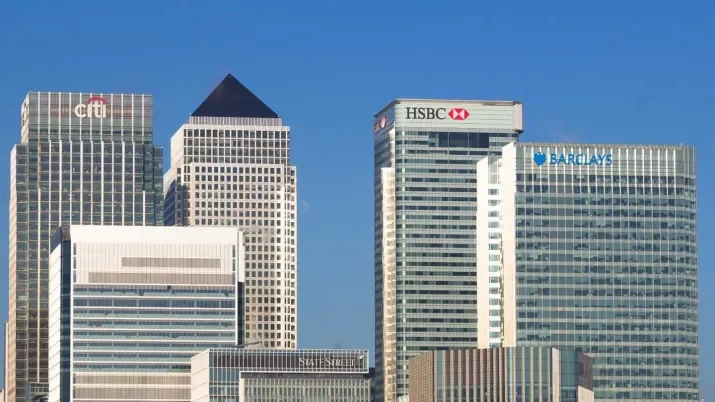
Fitch keeps AT1 investors on their toes
"We have been participants in the Additional Tier 1 (AT1) sector since its introduction in 2013, albeit with a high degree of selectivity, but the risk-reward has been obvious to us." Gary Kirk discusses the latest AT1 news from Fitch
TwentyFour
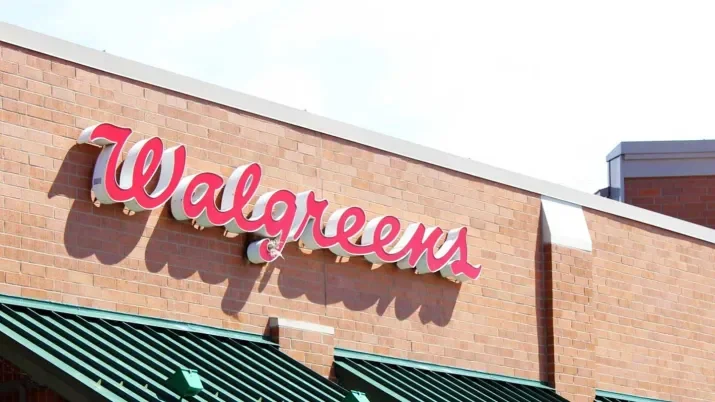
IG demand would be key to Walgreens buyout
At this late point in the cycle, fixed income investors are on high alert for signs of potential excess in the capital markets, and a proposal for potentially the biggest leveraged buyout (LBO) in history would certainly fall into that category.
TwentyFour

US corporate credit demand slows again
The Senior Loan Officer Opinion Survey, combined with financial results from the banks, is probably still the most useful tool we have for gauging the cycle’s life expectancy.
TwentyFour

Risk well underpinned going into year-end
A number of threats to risk assets have dissipated and could become positive tail risks for markets moving into 2020.
TwentyFour
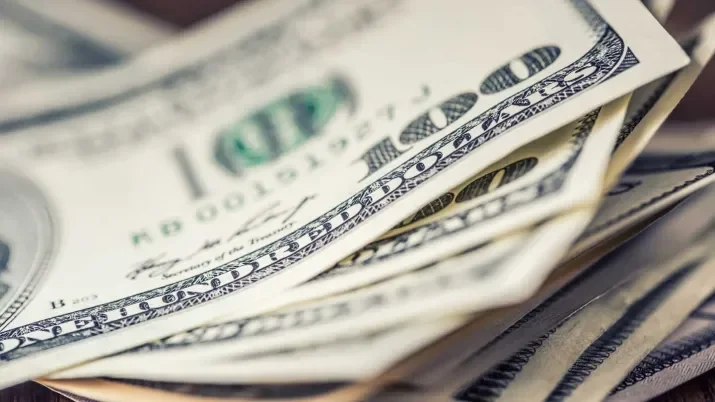
What Does US Loan Underperformance Mean for Bondholders?
"The European CLO market is much smaller, but given the US is further ahead in the economic cycle, the US market can provide a good indication of what might happen in Europe."
TwentyFour

Bank Earnings – US consumer remains in good health
For us, it is the insight into the US economy and the strength or weakness of their customers, that we find most interesting in the banking results, and especially so when the US economic data is increasingly pointing to a slowdown.
Quality Growth Boutique

Long awaited détente in US China relations reduces recessionary risks
The US-China interim agreement reduces recessionary risks in both countries. However, the trade war is far from over and risks of a re-escalation persist.
TwentyFour

Trade, Brexit and Earnings an Unholy Trinity for Markets
It is not clear to us just how much more monetary easing will placate equity investors, and we see a real risk that when we enter the third quarter earnings season next week, company specific data from the bottom up will be more of a shock than the macro picture has been.
TwentyFour
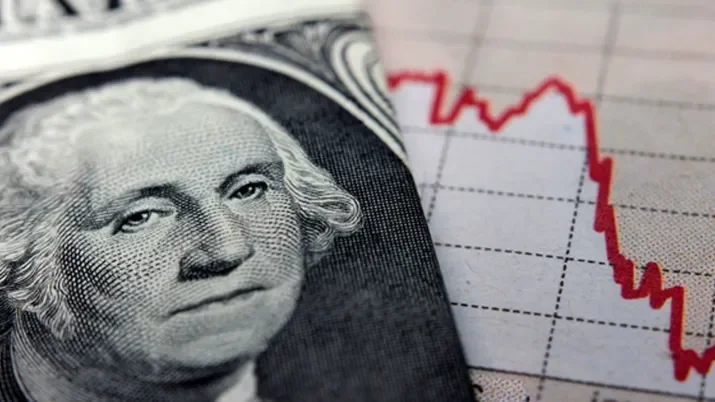
The Conundrum Facing Treasury Investors
"We think the downside to markets is still underappreciated, and thus we would prefer to stay long protection."
TwentyFour

Will ESG Investing Save Active Management?
The active versus passive management debate is well documented, but with ESG or sustainable investing the debate takes on a new dimension.
TwentyFour

Thomas Cook: A Warning to CLO Managers
The globally operating travel group Thomas Cook entered liquidation this week, after it was unable to reach an agreement between its shareholders, financiers and numerous creditors, leaving hundreds of thousands of travellers stranded. A potential restructuring would likely have resulted in a significant loss for bondholders, but now it looks like the senior unsecured bonds are virtually worthless – Debtwire expects a recovery of 0-10% and the bonds are now trading at around 6 cents.
TwentyFour
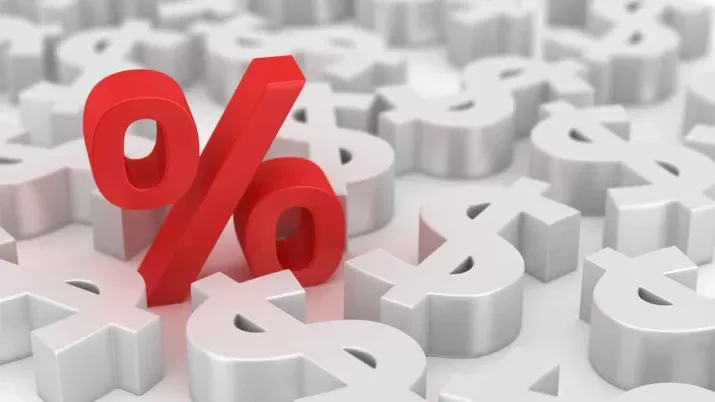
$ Repo Rates Surge
There has been a bit of nervousness to say the least in US money markets over the last few days. The overnight repo rate in dollars surged to levels not seen since the aftermath of the financial crisis, touching almost 10% on Tuesday. During the financial crisis the high dollar repo rates were a clear sign of trouble in the banking system, so it’s natural that investors might be uneasy about this. We should stress upfront that this is not the case today, the spike in the repo rate is a short term technicality created by a confluence of events, none of which should be worrisome, but in which in aggregate created a shortage of dollar cash in a short space of time and over a very short period.
TwentyFour

‘It's Nicotine, Jim, But Not as We Know It'
At TwentyFour we regard ‘momentum’ as one of the most underestimated factors in promoting progress on environmental, social and governance (ESG) issues. Our view is capital markets should support rather than shun a company if it has a credible plan to improve in a key area or areas.
TwentyFour

Will Ford Join Tesla in the Junk Yard?
Alongside the usual unveilings at the Frankfurt Motor Show this week, one bit of automotive news that piqued our interest yesterday was Moody’s downgrading Ford to “junk” status, assigning a Ba1 rating to the company’s debt with a stable outlook.
TwentyFour

Perfect Conditions For Heavy Bond Issuance
September new issuance has opened with a bang as we expected. Volumes are high and the issuer types are diverse, with a slant towards more frequent borrowers who tend to have their ducks permanently lined up in order to jump on favourable conditions. We expect this trend to continue throughout September as bankers push borrowers to take advantage of what could be one of the best opportunities they might see this cycle.
TwentyFour

Brexit – Approaching the End Game
With Brexit uncertainty having ratcheted up a number of notches since Prime Minister Boris Johnson sought to prorogue parliament, yet again investor attention is focused on what impact a hard Brexit could have on sterling assets, and how to best protect themselves from associated volatility. Since the Brexit referendum in 2016, our view has been that safely capturing the ‘Brexit premium’ priced into many sterling assets was a way to enhance value for investors. However, we have always had a cautious view on what Brexit could ultimately look like, and currently it seems clear that the chance of a hard Brexit has increased significantly.
TwentyFour

A Prorogation of Parliament
Yesterday, the Queen approved a request from the Prime Minister, Boris Johnson (‘Bojo’), to suspend Parliament from 10th September to 14th October. This means that when MPs return from summer recess next Tuesday, they could have as few as four days sitting in Parliament before it is suspended again. The Government have argued that this is following procedure – on average a Parliamentary session lasts a year and then is suspended before a Queen’s speech begins a new session – the current parliamentary session has lasted two years. A new session allows the Government to outline its agenda, as well as resetting quotas for certain mechanisms such as Private Members’ Bills.
TwentyFour

An ECB Rate Cut Will Make QE Inevitable
The European Central Bank faces quite a conundrum ahead of its upcoming monetary policy meeting on September 12. ECB President, Mario Draghi, has clearly signalled that a cut to the refinancing rate (currently at minus 40bp) is likely and markets are now pricing this in with an 85% probability. The problem is, the ECB has also signalled that it will simultaneously consider tiering the bank reserves this rate actually applies to.
TwentyFour
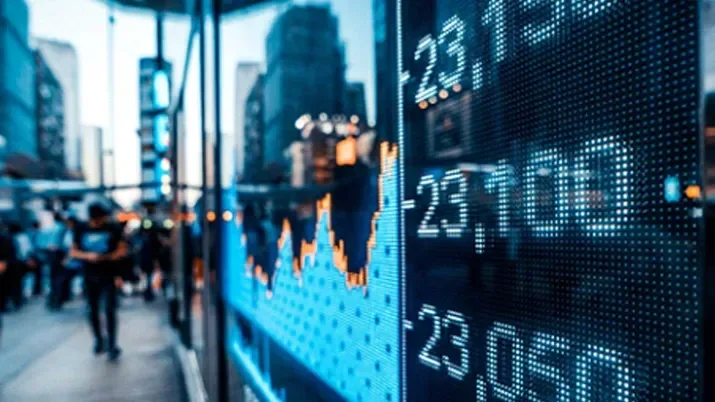
Have Bonds Ever Been This Expensive?
The average yield of the bond market today is 1.46%, while its average duration is 7.05 years, going by the widely used proxy of the Barclays Multiverse Index.
TwentyFour

AAAs Don’t Yield 2.3%, Do They?
Rates risk is not something we concern ourselves with too much in the European ABS market, so normally news of inverted yield curves and 30-year US Treasury yields dropping below 2% would largely wash over us. This is because pretty much all ABS bonds are floating rate, so there is no duration. Or is there?
TwentyFour

Five tactics for late cycle investing
The current US economic expansion is now the longest in modern history, and investors globally will be seriously contemplating the end of the credit cycle. This late-cycle period could prove particularly challenging. Mark Holman, chief executive of TwentyFour Asset Management presents five tactics for fixed income investing late in the credit cycle.
TwentyFour
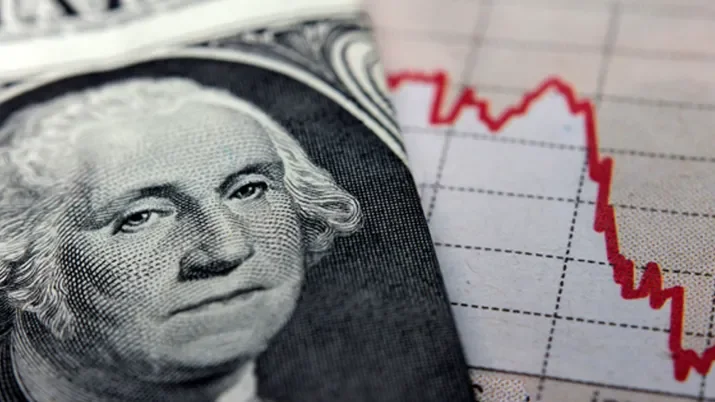
Why The Inverted Curve is Not Good News
Today marked the arrival of a long expected event, namely the inversion of the US yield curve between two and 10 years. This is an important event as historically it has been a very reliable indicator of impending recession. History tells us that once the 2s-10s curve inverts, on average a recession is a year to 18 months away.
